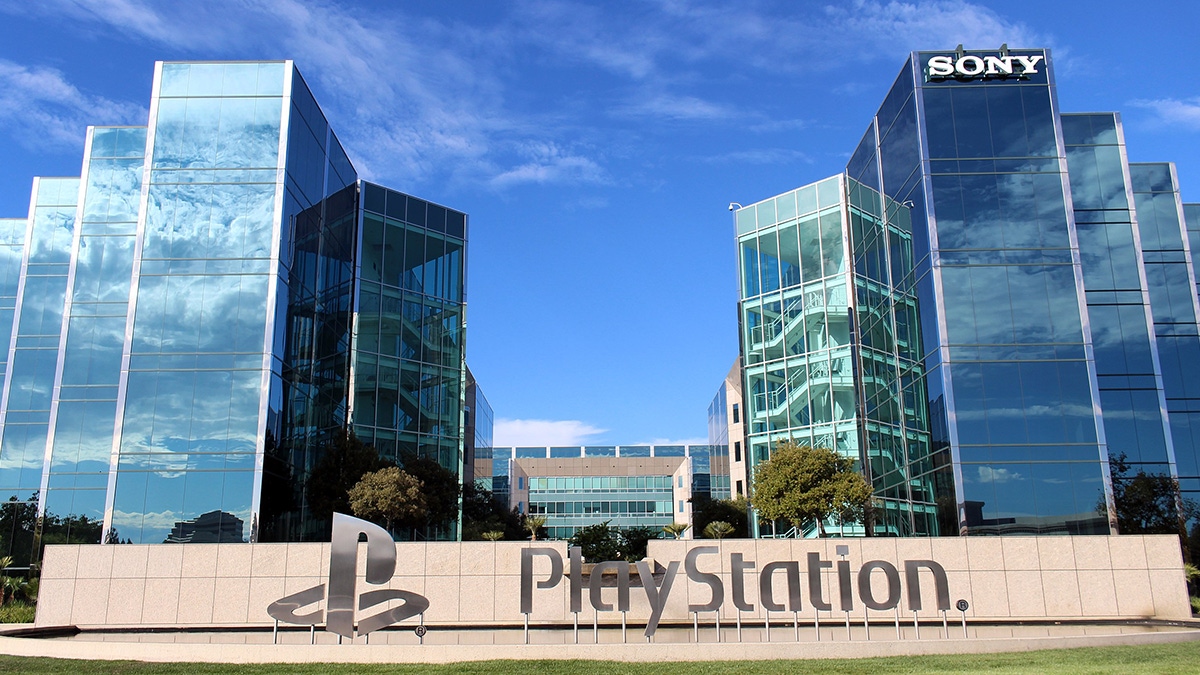Microsoft granted access to internal Sony documents as part of FTC lawsuit
Sony's attempt to quash a subpoena relating to Microsoft's proposed Activision Blizzard merger has been largely denied by the FTC.

Sony's attempt to quash or limit a subpoena it was served by Microsoft as part of the latter's ongoing legal battle with U.S. regulator the Federal Trade Commission (FTC) has been denied in part, and granted in part.
Microsoft is currently trading blows with the FTC over its bid to acquire Activision Blizzard for $68.7 billion, and back in January subpoenaed Sony to gain access to documents that would lay out the scope of its video game business.
Why? Microsoft has repeatedly claimed its proposed Acitvision Blizzard merger wouldn't harm competition, because rivals like Sony have the ability to adapt and compete. It wants to obtain documents from Sony that show how much (or how little) the deal would harm its business, but Sony wasn't willing to play ball.
In February, the PlayStation maker filed a motion to quash or limit the subpoena, but that motion has only been granted in part. That means Microsoft will be able to get its hands on some crucial documentation.
You win some
First off, let's take a look at which of Sony's requests were actually granted.
In an order sent out on February 23, 2023, FTC chief administrative law judge D. Michael Chappell agreed with Sony that Microsoft shouldn't be able to request files created before January 1, 2019, which will only give the Xbox maker access to documents from the past five years.
Microsoft had been pushing for Sony to produce documents "going back 10 years," which the judge found to be "excessive" given the case doesn't "[center] on past conduct but on the alleged likelihood of anticompetitive effects in the future."
The judge also quashed a request that would have allowed Microsoft to seek documents related to "performance reviews or evaluations" of Sony Interactive Entertainment (SIE) chief exec Jim Ryan, describing the request as "too vague and overbroad" while also acknowledging that employees have a privacy interest in maintaining the confidentially of their personnel files.
You lose some
All of the other requests made by Sony were denied, including one that would've prevented Microsoft from accessing documents from SIE staff including Lin Tao, SVP of finance, corporate development and strategy, and Hideaki Nishino, SVP of platform experience.
Sony argued that Microsoft's requests to include both Tao and Nishino as custodians, allowing their files to be searched for relevant documents, should be limited because Tao's files would be in Japanese, rendering the process more time consuming and expensive, and Nishino hadn't been mentioned by Microsoft "in some time." The judge rejected both of those arguments.
The company has also failed to prevent Microsoft from accessing the files of its in-house antitrust lawyer, Greg McCurdy. The decision will allow Microsoft to request McCurdy's external communications over an eight month period (the length of time he's been in his current role).
Additional requests made by Sony that would've prevented Microsoft from accessing the documents of previous employees in certain roles and viewing files such as content licensing agreements have also been rejected by the FTC judge. Notably, this could allow Microsoft to access documents that detail the exclusivity arrangements Sony has struck with other game companies.
"Microsoft states that it is aware that SIE requires many third-party publishers to agree to exclusivity provisions, including preventing the publishers from putting their games on Xbox’s multi-game subscription service, and that understanding the full extent of SIE’s exclusivity arrangements and their effect on industry competitiveness will assist in its defense," reads the FTC order, outlining why Microsoft wants access to those contracts.
Judge Chappell was ultimately sympathetic to that argument, explaining that "the nature and extent of SIE's content-licensing agreements are relevant to the Complaint’s allegations of exclusivity arrangements between video game console developers and video game developers and publishers."
All-in-all, the outcome will likely be framed as a win for Microsoft, with the majority of Sony's requests to limit the subpoena having been quashed. You can check out the order in full on the FTC website.
About the Author(s)
You May Also Like







.jpeg?width=700&auto=webp&quality=80&disable=upscale)








